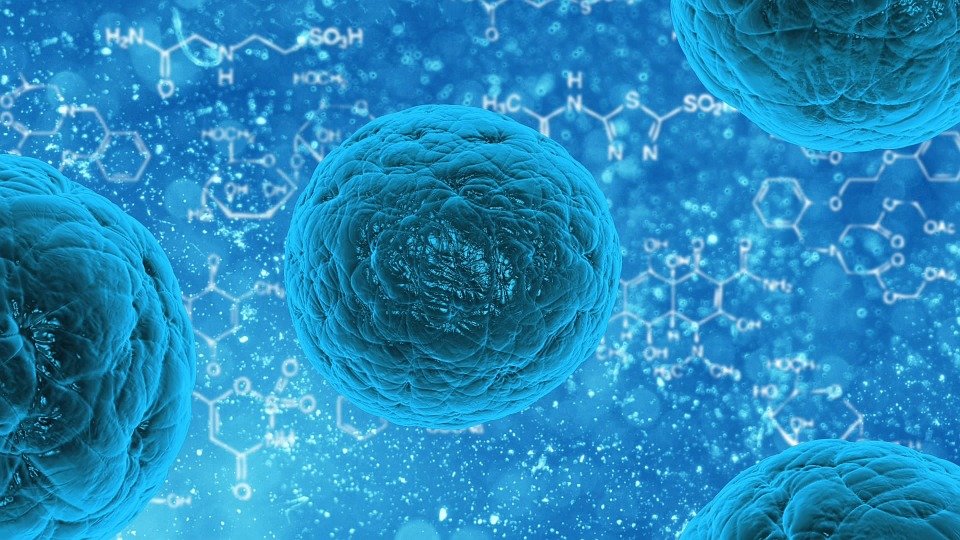
Surgeons in the Chinese city of Zhengzhou will begin the process of injecting the brains of people with Parkinson’s disease with 4 million immature neurons derived from human embryonic stem cells, writes a leading science news website.
This will mark the start of the first clinical trial in China using human embryonic stem (ES) cells, and the first one worldwide aimed at treating Parkinson’s disease using ES cells from fertilized embryos. In a second trial starting around the same time, a different team in Zhengzhou will use ES cells to target vision loss caused by age-related macular degeneration.
The experiments will represent the first clinical trials of ES cells under regulations that China adopted in 2015, in an attempt to ensure the ethical and safe use of stem cells in the clinic. China previously had no clear regulatory framework, and many companies had used that gap as an excuse to market unproven stem cell treatments.
In the first, the surgeons will inject ES-cell-derived neuronal precursor cells into the brains of individuals with Parkinson’s disease. The only previous trial using ES cells to treat Parkinson’s began last year in Australia; participants there received stem cells from parthenogenetic embryos, unfertilized eggs that are triggered in the lab to start embryonic development.
Stem cell specialist at the Chinese Academy of Sciences Institute of Zoology in Beijing, Qi Zhou is responsible for taking the lead in both trials.
However, the announcement of the trials brings with it concerns. Jeanne Loring, a stem cell biologist at the Scripps Research Institute in La Jolla, California, who is also planning stem cell trials for Parkinson’s, is concerned that the Australian and Chinese trials use neural precursors and not ES-cell-derived cells that have fully committed to becoming dopamine-producing cells. Precursor cells can turn into other kinds of neurons, and could accumulate dangerous mutations during their many divisions, explains Loring to a news website.
Despite this, the Zhou and the Australian team defend their choices as the animal trials conducted thus far have been promising. If Zhou and the rest of the team is correct, this will represent a major step forward for the entire world and usher in a new era of stem cell research.




